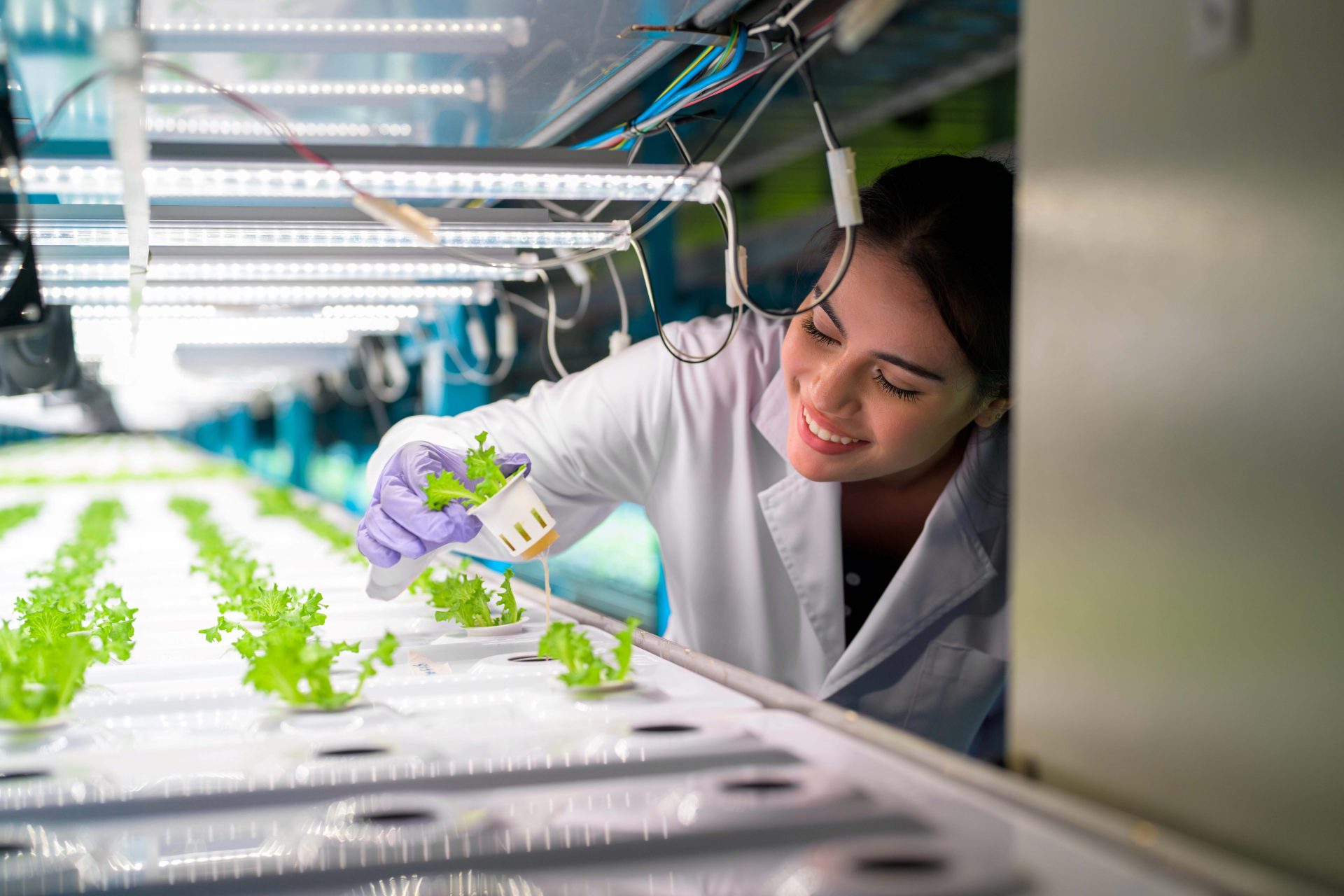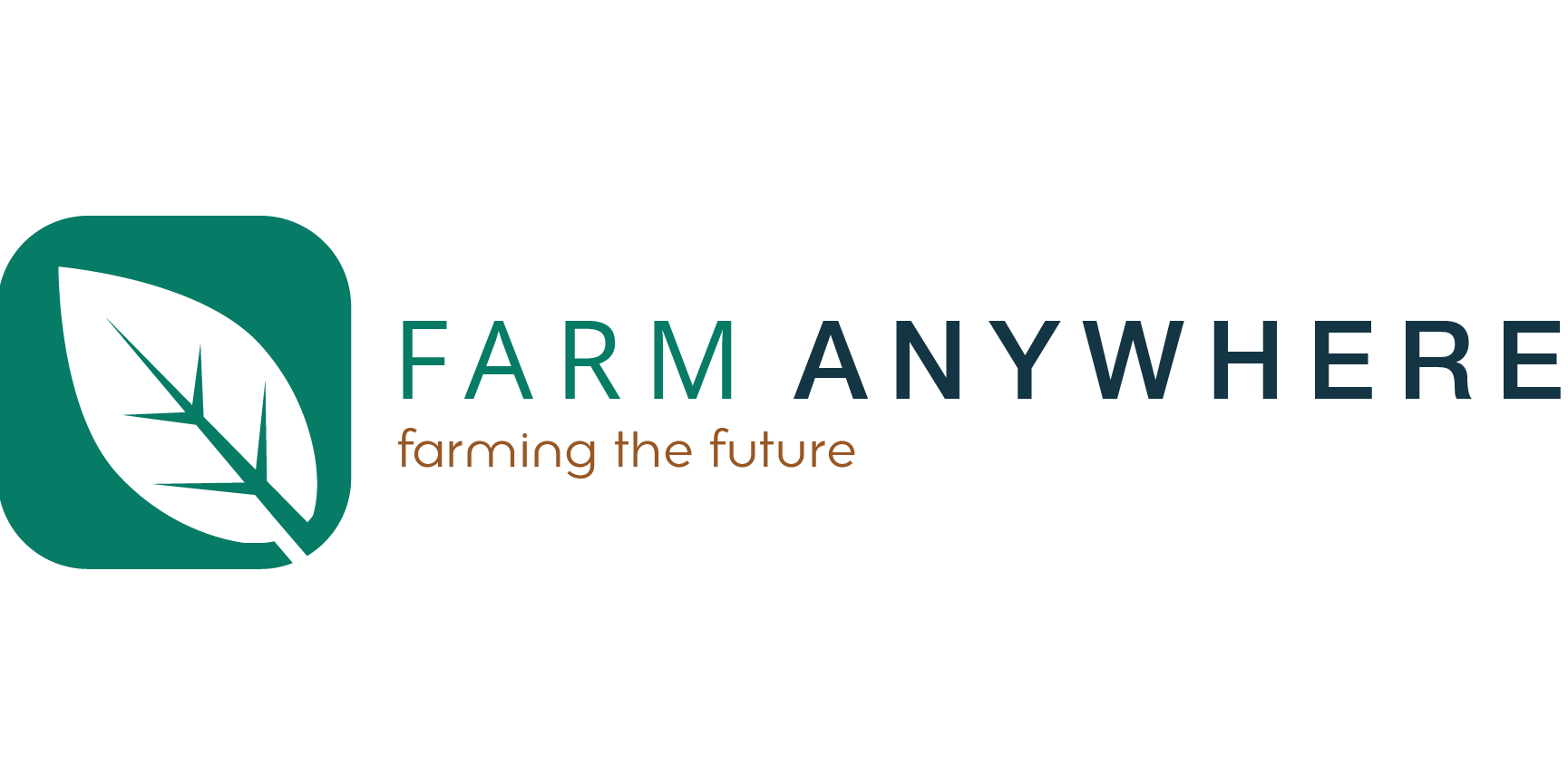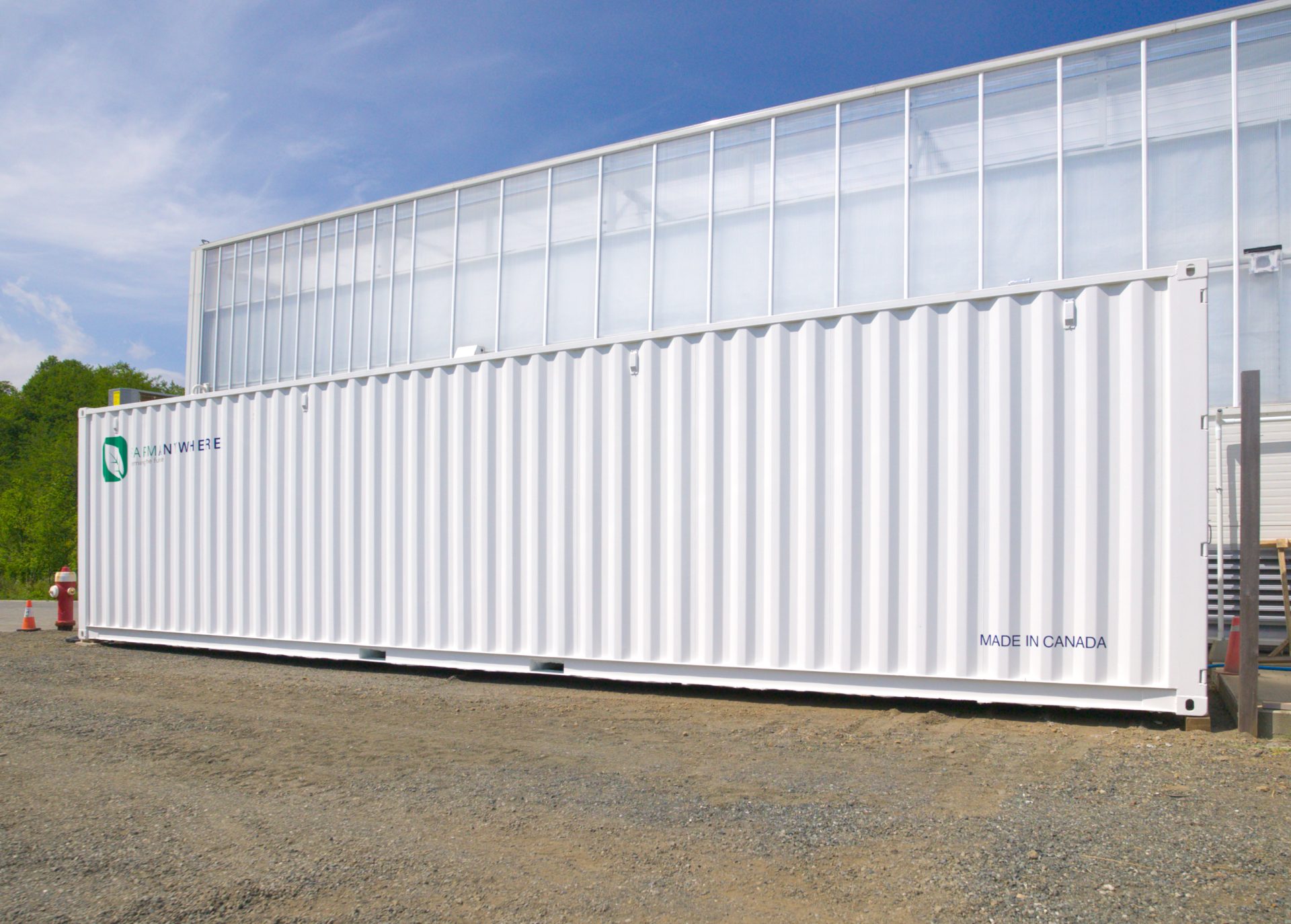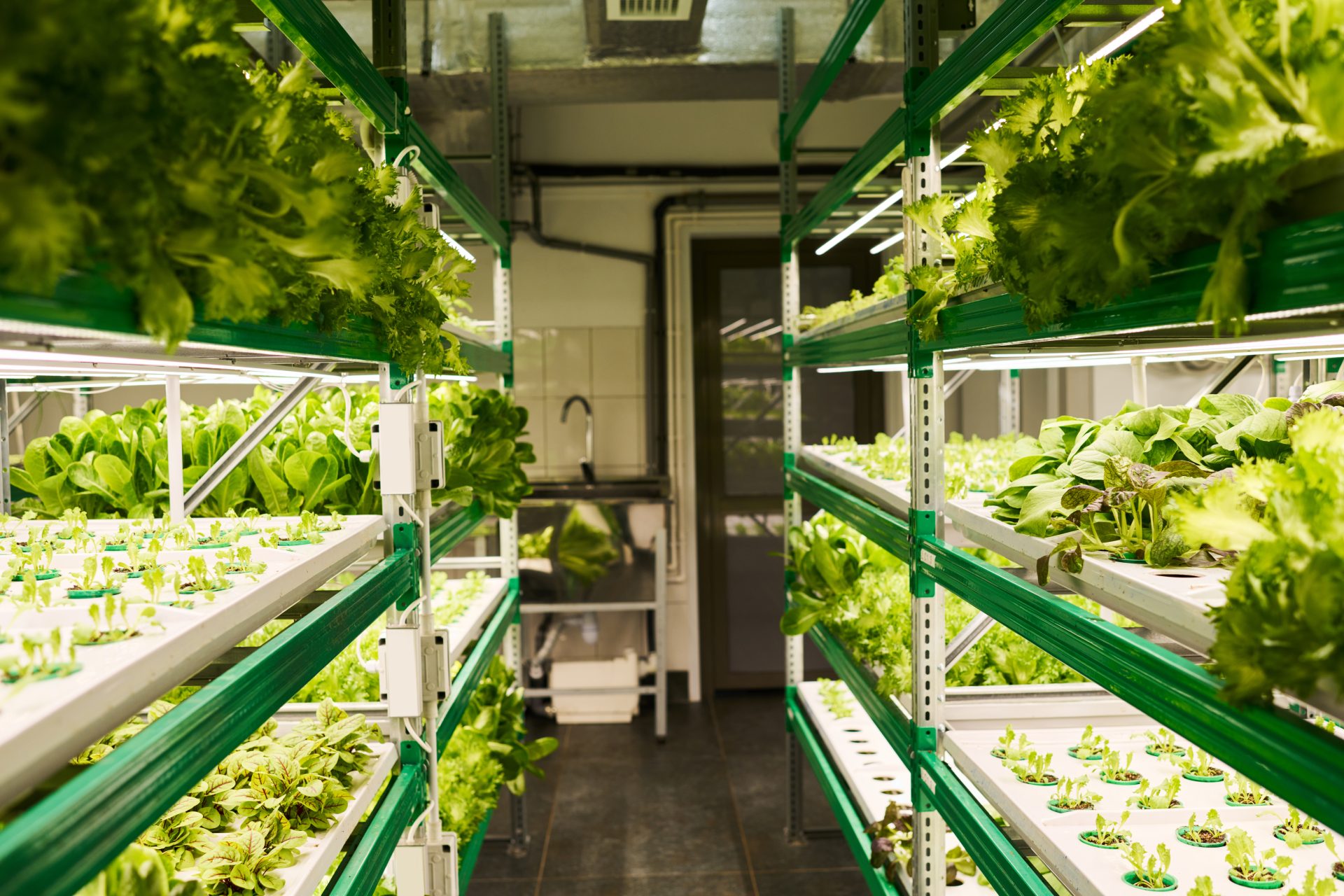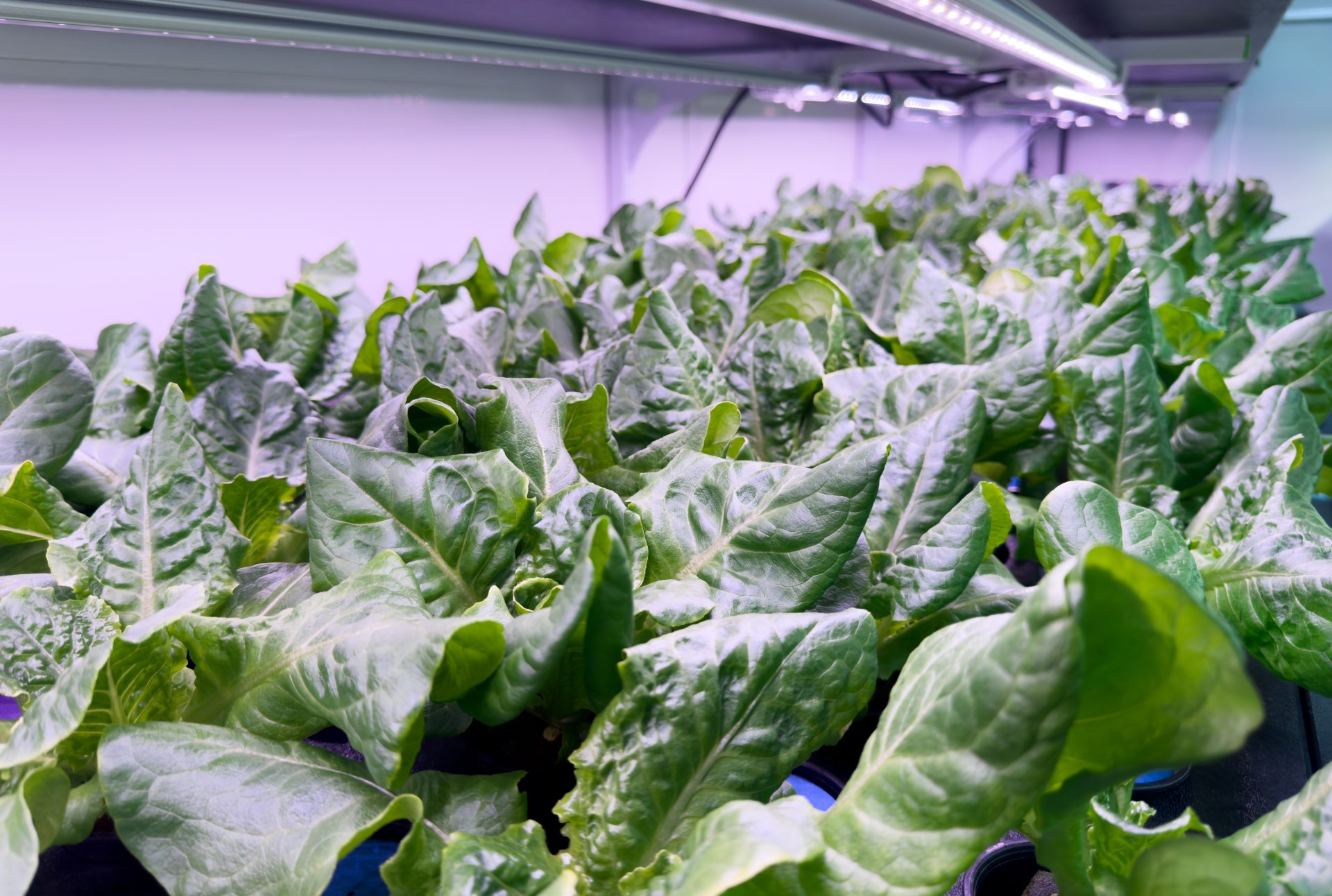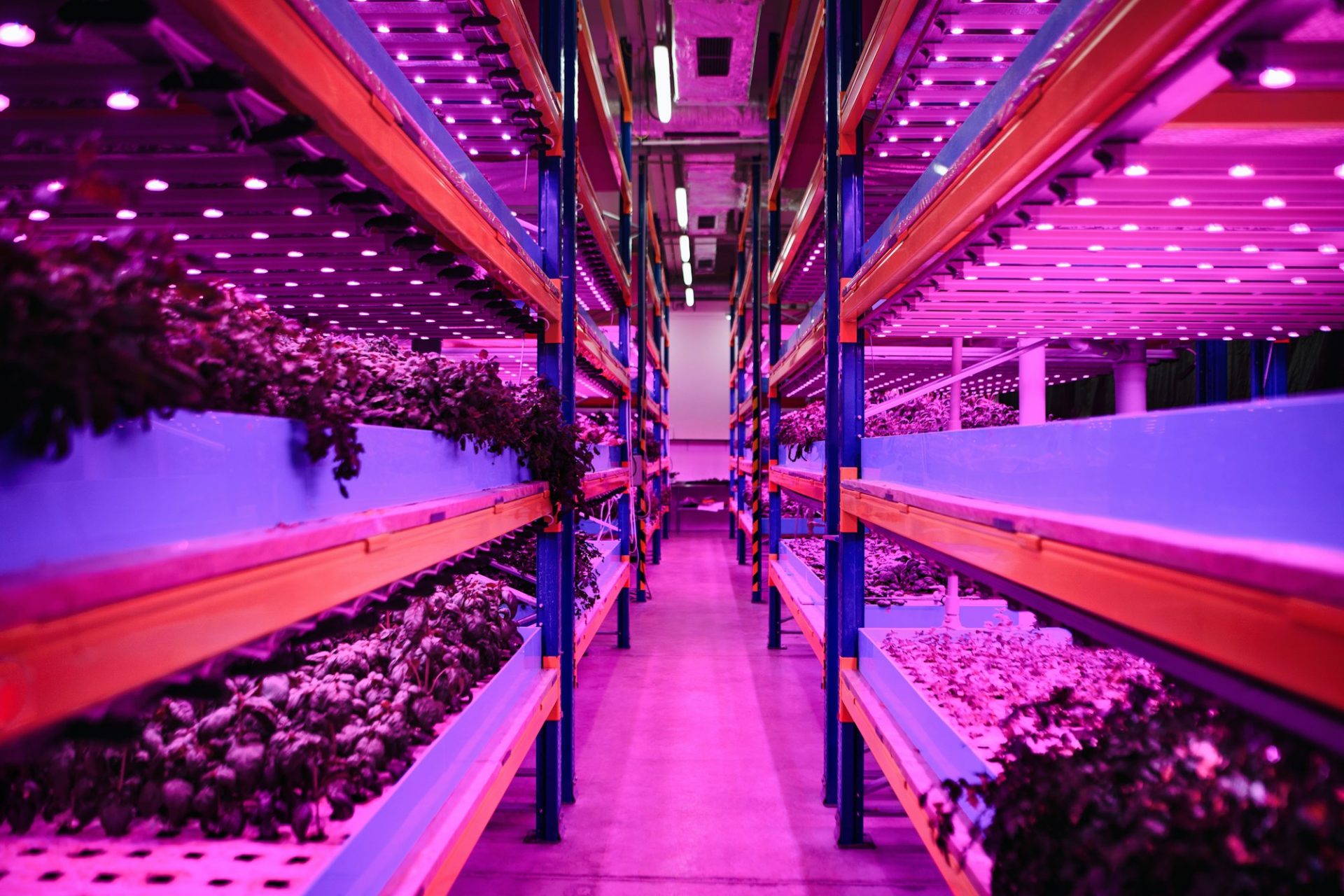Introduction to Container Farming
In an era marked by rapid innovation in the field of CEA, one development that is revolutionizing the agricultural landscape is container farming. This article serves as an introduction to container farming and a practical guide for those interested in delving into this progressive field.
Container farming essentially involves the conversion of shipping containers into self-contained, climate-controlled farms. This innovative approach enables growers to cultivate a wide array of crops all year round, with little limitations on external weather conditions and geographical constraints.
Why Container Farming?
Container farming is emerging as a highly advantageous agricultural practice due to its manifold benefits. The primary reasons behind this rising popularity are its flexibility, ecological responsibility, affordability compared to traditional farming methods, and swift implementation.
In a container farm, the grower has complete control over the farming environment. Specific factors, including light intensity, ambient temperature, humidity levels, and nutrient content can be meticulously regulated. This precise control ensures the best possible conditions for plant growth, consequently leading to superior produce yield.
Furthermore, container farming is an excellent way to promote resource conservation. It significantly reduces water usage, a critical aspect considering the increasing global water scarcity. Additionally, it requires a fraction of the land needed for traditional farming, making it a viable option even in urban settings with limited space.
The use of pesticides, which often pose detrimental effects on both the environment and human health, can also be minimized in container farming. This is due to the controlled environment which reduces the likelihood of pest infestations, thereby lessening the dependency on harmful chemical substances.
Container farming offers additional advantages in terms of reducing food miles and enhancing biosecurity. By growing food closer to where it is consumed, container farming can drastically cut down on transportation distances, thereby reducing carbon emissions associated with food transport. This not only aids in limiting global warming but also ensures fresher, healthier produce for consumers.
Moreover, container farming is conducive to higher standards of biosecurity. By providing an isolated environment, it can prevent the spread of plant diseases and pests, ensuring the health and quality of the crops. Therefore, container farming is a promising approach in the quest for sustainable and secure agricultural practices.
Reasons for Container Farms
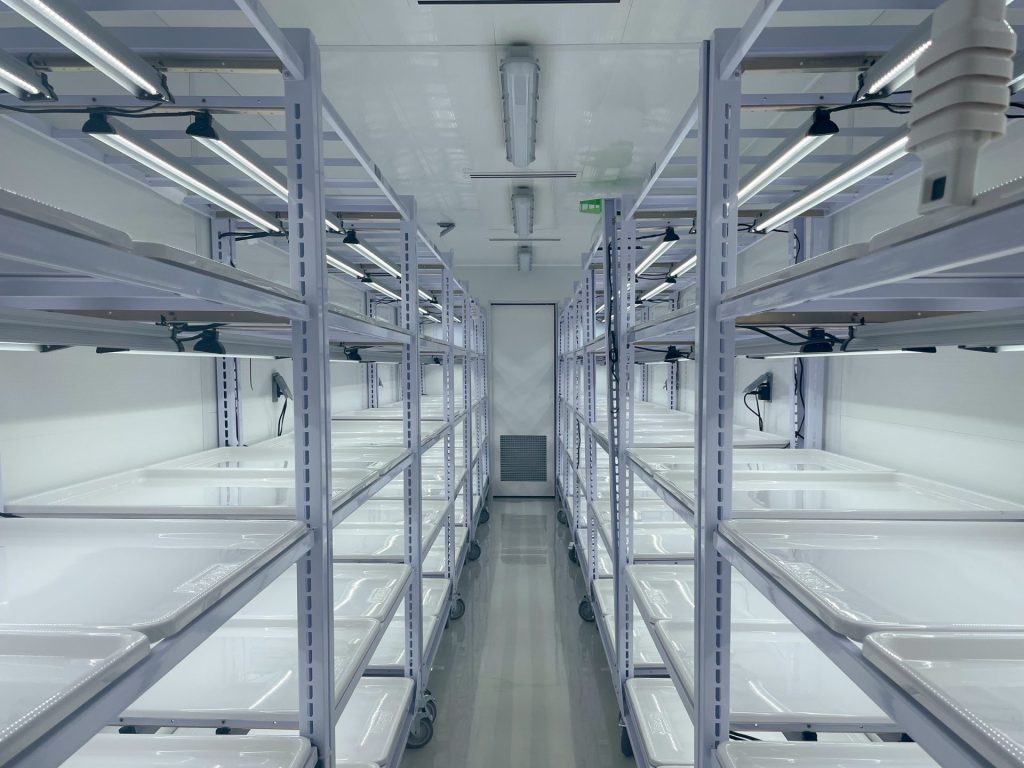
Getting Started with Container Farming
Here is a brief guide to container farming if you’re contemplating an investment. It’s crucial to consider these key factors.
- Decide on Your Crops:
The initial step involves determining what you want to grow. While leafy greens, herbs, and small fruits are typically grown in container farms, technological advancements are continually expanding the choice of crops.
- Understand Your Market:
Identify your potential customers before setting up your farm. Whether you’re targeting restaurants, local markets, or direct consumers, understanding your market will allow you to tailor your offerings to meet demand effectively.
- Choose the Right Container:
Not all containers are created equal. Select a container that is well-insulated, durable, and appropriately sized for your operation. Request a virtual tour of the manufacturer’s facility from the company itself. Look for indications of robust manufacturing capabilities and a dedication to quality workmanship, evident early in the manufacturing process.
Inquire whether they have a Research & Development department, demonstrating a commitment to improving their product.
- Setup and Equipment:
Certain container farms will necessitate the installation of a hydroponic system, lighting, climate control systems, and potentially, an automation system. Others will arrive as a “plug and play” solution.
Partner with a reputable supplier to guarantee the quality and durability of your equipment. Inquire about the warranty period and the duration of their solution testing. Ask if their solutions are already deployed in the field.
- Education and Training:
Knowledge about container farming and its specific techniques is paramount. Consider attending workshops, online courses, or even working with a mentor in the field to gain valuable insights. Ask the manufacturer if they provided training on the specific equipment.
- Regulatory Compliance:
Ensure that your farm complies with all local and national regulations. This may involve obtaining specific permits or licenses.
Key Inputs for Container Farming
Before you embark on your container farming journey, consider several key inputs:
- Financial Investment: An upfront investment is needed for the container, equipment, and setup. Secure sufficient funding and anticipate ongoing costs like utilities, maintenance, and supplies.
- Time Commitment: Even with automation, container farming requires regular attention. Be prepared to dedicate time for daily monitoring, plant care, and administrative tasks.
- Space Requirements: You’ll need a suitable location for your container. Consider aspects like access to utilities and proximity to your market.
- Technical Knowledge: Having a solid understanding of horticulture and the technicalities of container farming is key. This includes knowledge about plant nutrition, disease management, and the technical aspects of your farming system.
- Market Demand: Research your local market to understand the preferences of your potential customers and adjust your crop selection accordingly.
Key Factor
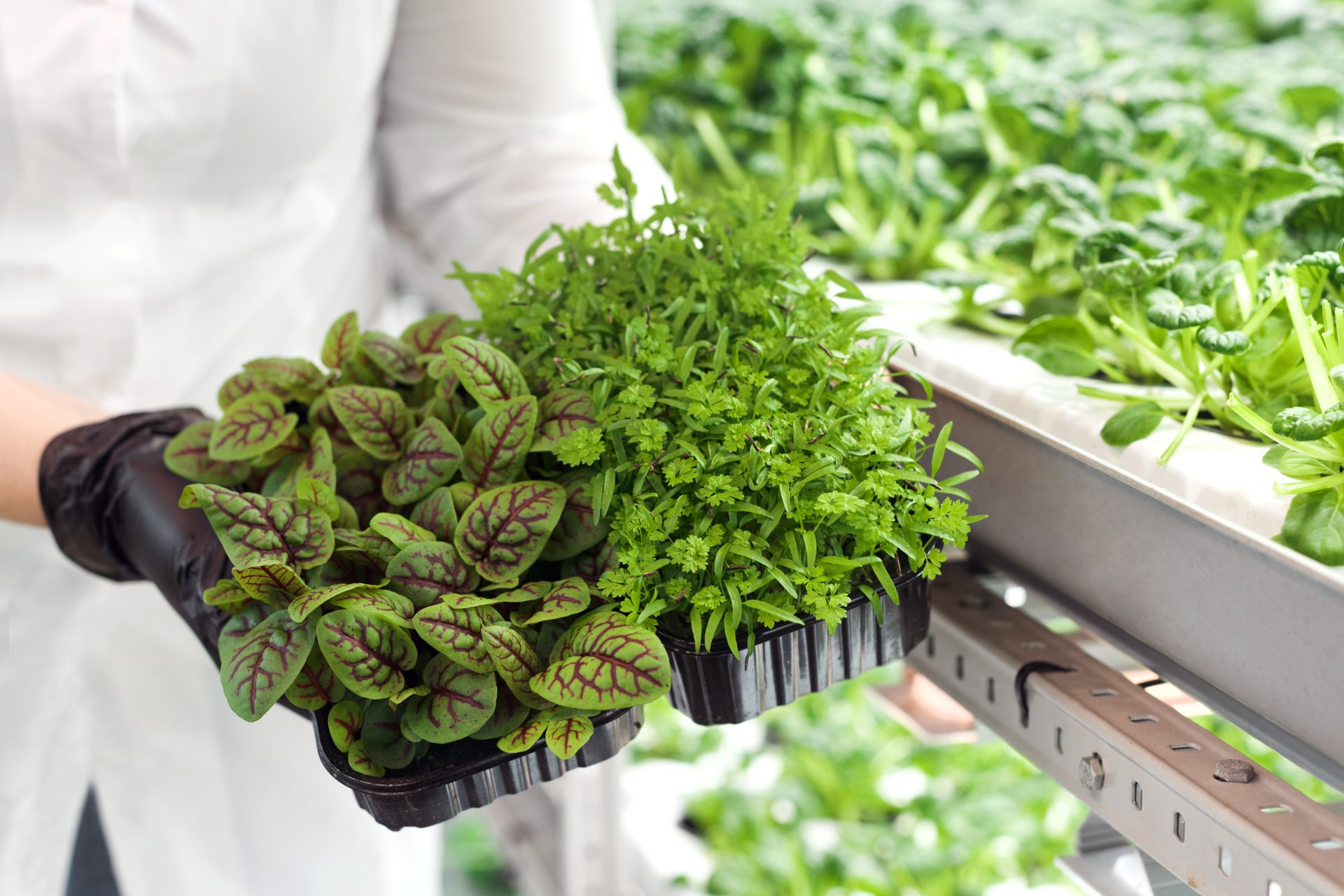
Self-Auditing Questions for Potential Container Farm Owners
To gauge your readiness for becoming a container farm owner/operator, consider the following self-auditing questions:
Do I have a clear understanding of container farming and its requirements?
Have I researched and understood the market demand in my local area?
Am I willing and able to commit the necessary time to manage a container farm?
Do I have sufficient financial resources to start and maintain a container farm?
Am I prepared to handle the technical aspects of running a container farm, or willing to learn?
Am I comfortable with the risks associated with a new venture?
Do I have a suitable location for installing a container farm?
Am I ready to meet any regulatory requirements for operating a container farm in my locality?
Addressing these key inputs and self-auditing questions can help you decide whether container farming is the right venture for you. It’s an exciting field with vast potential, but like all investments, it requires careful consideration and planning.
The Future of Farming
As the world grapples with the challenges of climate change and population growth, sustainable and efficient farming solutions like container farming are of paramount importance. This introduction to container farming is intended to serve as a starting point for potential growers looking to invest in the future of agriculture.
Whether you’re an established farmer looking to diversify your operations, an entrepreneur seeking a sustainable business opportunity, or a community leader aiming to boost local food security, container farming could be the innovative solution you’re looking for. Embrace the future of farming by exploring the potential of container farming today.
Container farming presents an exciting opportunity to reshape the agricultural industry by providing a sustainable, efficient, and scalable farming solution. As with any investment, conducting thorough research and planning is essential. We hope this guide has provided valuable insights into the world of container farming. For more detailed information, feel free to consult us!
Conclusion
